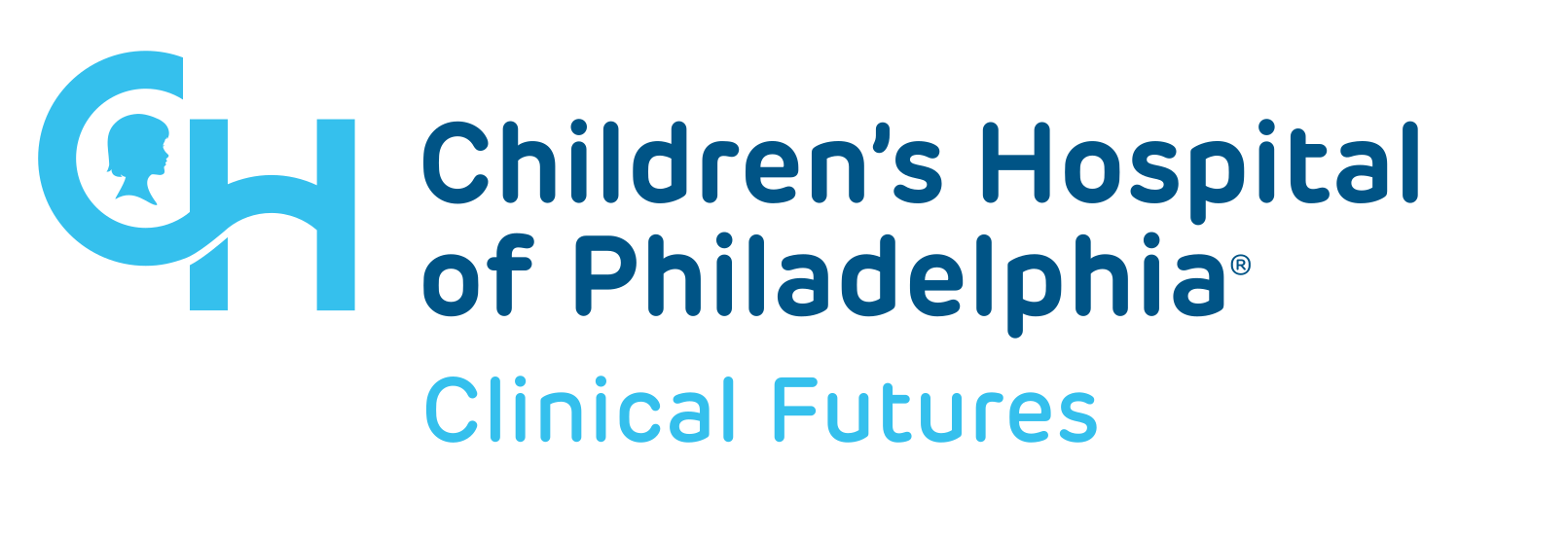The delivery of healthcare is fundamentally social in nature. Every day, people and their families seek care from professionals who, with others in complex organizations, deliver services to treat or prevent disease. Social scientists in fields such as sociology, anthropology, psychology, and political science have long generated critically important knowledge about the non-biological factors that shape how healthcare is delivered. Increasingly, clinical researchers are integrating these perspectives and approaches into investigations aimed at improving the quality, safety, equity, cost-effectiveness, and patient-centeredness of healthcare delivery.
The Social Science Methods in Healthcare Delivery pillar promotes the integration of social science theory-informed methods into investigations aimed at improving how healthcare is delivered to children. Specifically, we provide expert guidance on the following topics at Clinical Futures:
- Developing research questions about the social dynamics of healthcare delivery
- Integrating social science theory into the design of healthcare delivery research
- Centering equity in research via a critical lens that challenges dominant logics, power relationships, and unjust structural conditions
- Selecting and executing methods to study the social dynamics that shape healthcare delivery, including ethnography, interviews, surveys, and comparative-historical analysis
- Mixing methods from different research paradigms
- Working collaboratively and productively with an interdisciplinary team, inclusive of social scientists
- Managing ethical challenges in social science research
In addition to providing individual guidance to investigators and trainees, the Social Science Methods in Healthcare Delivery pillar provides educational sessions, hosts invited speakers, and fosters the networking of Clinical Futures community members with others at the University of Pennsylvania and beyond to promote cross-disciplinary engagement to increase the impact of our research on healthcare delivery.
Clinical Futures Projects Involving Social Science Methods in Healthcare Delivery:
Antimicrobial Stewardship and Infection Prevention
This line of research focuses in part on investigating the barriers and facilitators to reducing healthcare-associated infections (HAIs). In a survey of clinicians conducted before the COVID-19 pandemic, most respondents reported working while feeling sick at least once in the prior year, despite a belief that it put patients at risk. Social Science Methods have a similarly important role to play in implementing effective antimicrobial stewardship programs (ASPs). For example, prescribers sometimes resist new ASPs due to perceived threat to autonomy or other factors. This study looked at how prescribers perceive an already established ASP. Survey results indicated an overall favorable opinion, and identified efficiency, rather than autonomy, as the greatest threat. Additionally, parental pressure is often cited as a reason for why pediatricians overuse antibiotics for children with acute respiratory tract infection. However, parents in one study expressed a sense of caution about antibiotics and an awareness that they should be used judiciously. Overall, this work reveals a complex mix of personal, organizational, and sociocultural factors.
Faculty Contributors: Julia E. Szymczak, PhD, Susan Coffin, MD, MPH, Alexander Fiks, MD, MSCE, Jeffrey Gerber, MD, PhD, Kathleen Chiotos, MD, MSCE
Palliative Care
Social Science Methods are being used to understand the dynamic relationships between specialized pediatric palliative care teams and pediatric oncologists and the way these relationships impact the timing of palliative care consultation for children with advancing cancer. One study described seven different types of uncertainty that can contribute to delays in referring patients to palliative care. Other work pilot tested an adaptive intervention to reduce barriers to initiating palliative care among pediatric oncology teams. After the intervention, participants reported greater team cohesion, comfort discussing palliative care consultation, team collaboration, process satisfaction, and decision satisfaction.
Faculty Contributors: Julia E. Szymczak, PhD, Jennifer K. Walter, MD, PhD, Chris Feudtner, MD, PhD




